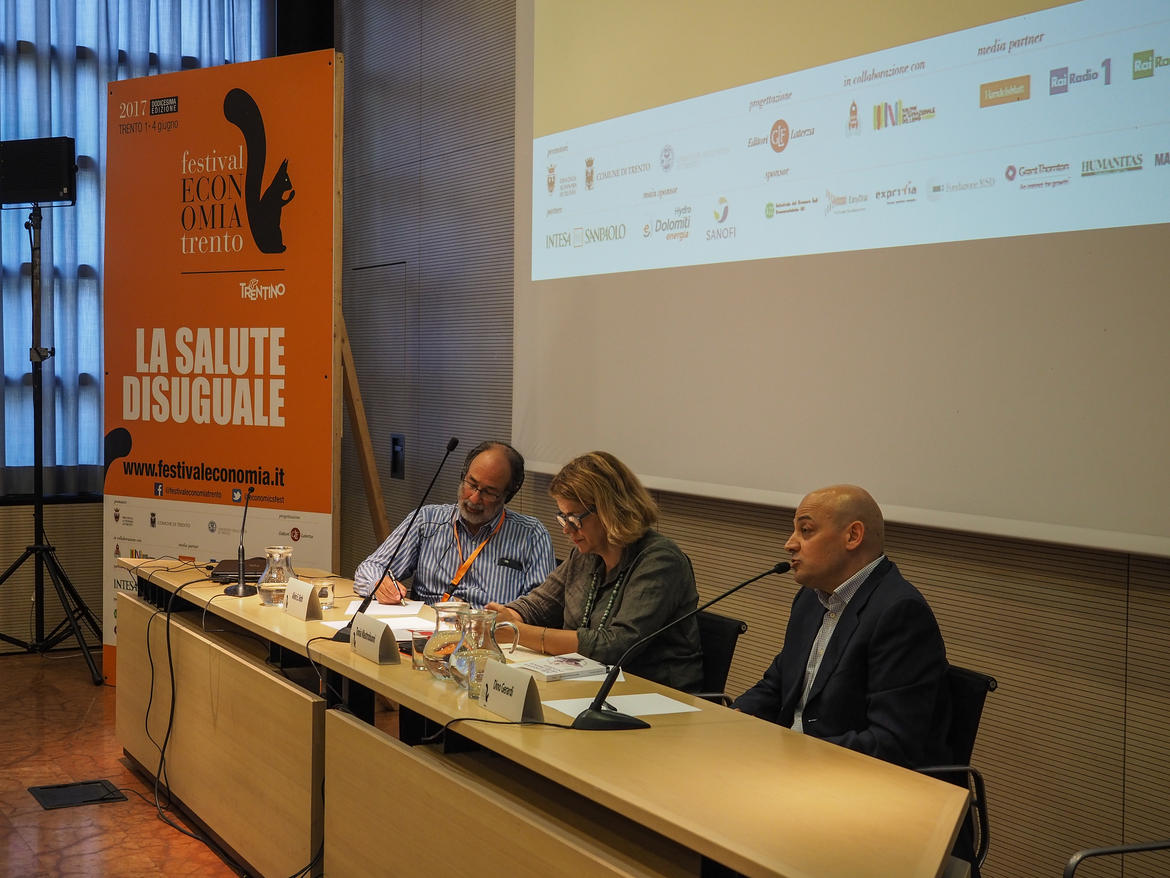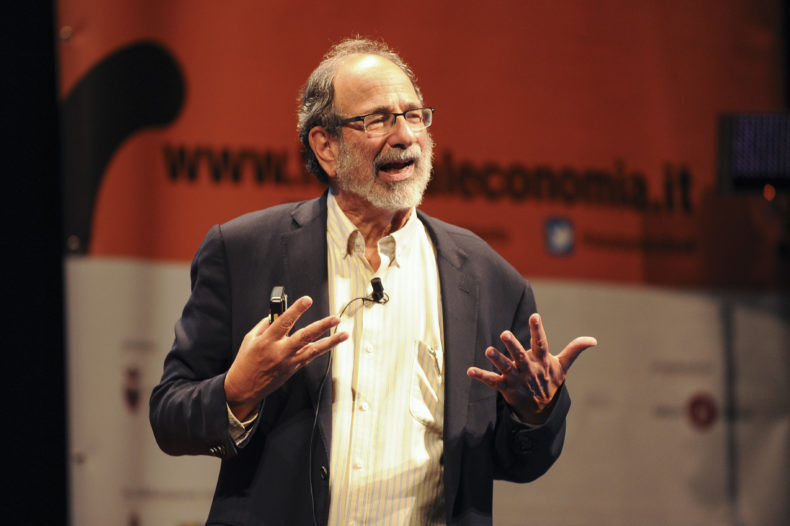The South China Morning Post has the story:
New kidney donation scheme starts in October after change in Hong Kong law allows strangers to donate organs to patients
This is aimed at speeding up the long waiting time for a suitable organ and surgeries will be done at four of the city’s 43 public hospitals
"The paired organ donation arrangement, made legal after Hong Kong passed an amendment to its Human Organ Transplant Ordinance last month, allows a donor-patient pair who may not be a match for each other to donate organs to another donor-patient pair and vice versa, so that patients on both sides get the transplants they need.
...
"There is a huge supply-demand gap for kidney transplants in the city. As of June 30 this year, there were 2,214 patients on the transplant list in Hong Kong but each year there are only about 80 living or deceased donors. Two years ago the average waiting time for a kidney was over four years.
...
"Before the change in the law, strangers could not make live donations to transplant patients. Couples had to be married for more than three years and friends needed to obtain approval from the Department of Health’s Human Organ Transplant Board for live donations.
"Professor Philip Li, the chairman of the authority’s Central Renal Committee said in the UK and the Netherlands, the paired kidney donation programme was very mature and they were now having a very large number of successful matchings.
“In Hong Kong, we are just starting, it will be quite a while before we actually see a significant effect,” Li said."
New kidney donation scheme starts in October after change in Hong Kong law allows strangers to donate organs to patients
This is aimed at speeding up the long waiting time for a suitable organ and surgeries will be done at four of the city’s 43 public hospitals
"The paired organ donation arrangement, made legal after Hong Kong passed an amendment to its Human Organ Transplant Ordinance last month, allows a donor-patient pair who may not be a match for each other to donate organs to another donor-patient pair and vice versa, so that patients on both sides get the transplants they need.
...
"There is a huge supply-demand gap for kidney transplants in the city. As of June 30 this year, there were 2,214 patients on the transplant list in Hong Kong but each year there are only about 80 living or deceased donors. Two years ago the average waiting time for a kidney was over four years.
...
"Before the change in the law, strangers could not make live donations to transplant patients. Couples had to be married for more than three years and friends needed to obtain approval from the Department of Health’s Human Organ Transplant Board for live donations.
"Professor Philip Li, the chairman of the authority’s Central Renal Committee said in the UK and the Netherlands, the paired kidney donation programme was very mature and they were now having a very large number of successful matchings.
“In Hong Kong, we are just starting, it will be quite a while before we actually see a significant effect,” Li said."







